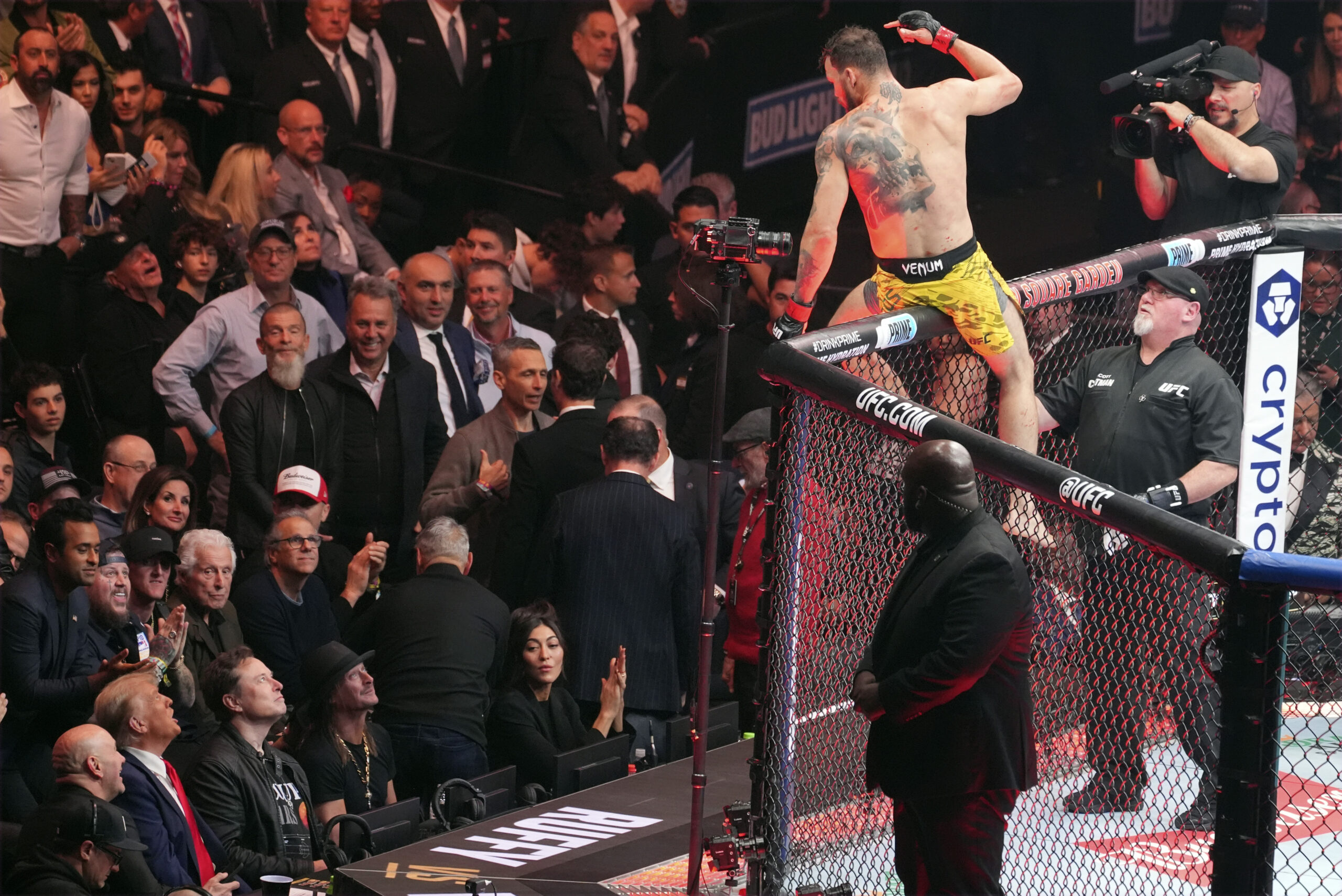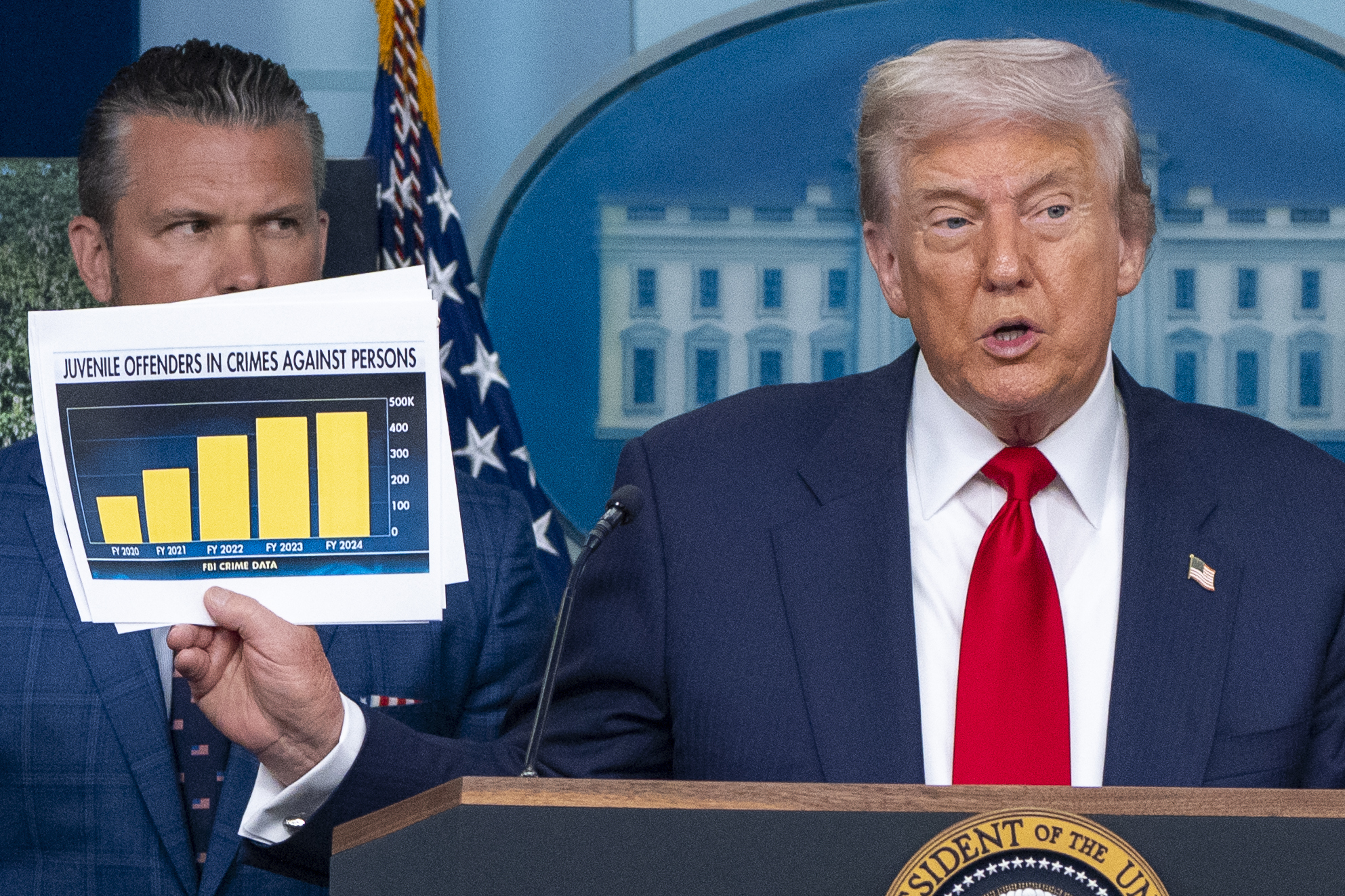NOTES ON CAMPUS
Student protests at Columbia University in New York City continued over the weekend, even after the administration called in the NYPD last week. Now, the demonstrations have spread to other schools.
-
The White House released an official statement on Sunday seemingly referencing the ongoing protests and “Gaza Solidarity Encampment” at Columbia University, characterizing them as “physical intimidation and targeting Jewish students and the Jewish community.” President Biden made remarks a few hours later ahead of Monday’s Passover holiday in which he condemned “blatant Antisemitism…[which] has absolutely no place on college campuses, or anywhere in our country.” (“I also condemn those who don’t understand what’s going on with the Palestinians,” he said.) Early on Monday, Columbia’s President Nemat Shafik announced that classes would be held virtually and that school leaders would begin discussing a way to end what she called a “crisis.”
-
Beginning last week, Columbia’s administration decided to deal with the protest encampments by suspending student protesters and calling in the police to arrest the students for “trespassing” on their own campus. Hundreds of Columbia’s faculty held a mass walk-out on Monday afternoon to protest the institution’s decision to call in the NYPD to arrest over 100 members of the student body. Students re-erected the protest tents that had been torn down over the weekend. As the sun set on Monday night, the Editor-in-Chief of Jewish Currents magazine captured pro-Palestinian Jewish protesters sharing food and reciting Hebrew prayers at the encampments in observance of Passover. A few dozen blocks south, the NYPD arrested dozens of students and faculty protesting at New York University.
-
Following Columbia’s example, pro-Palestinian protest encampments have sprung up at dozens of other colleges. In Boston alone, such encampments were seen at Emerson, MIT, Tufts, and Boston University. At Yale University, large pro-Palestinian demonstrations began last week shortly after Columbia’s, and 60 people were arrested at protest encampments there on Monday. Similar encampments also began on Monday at the University of Michigan in Ann Arbor. A Jewish student at Yale said she was assaulted during one of the pro-Palestinian protests, and believes she was targeted for wearing a Star of David necklace. The university said in a statement that it is investigating the incident.

These protests have sparked national outrage on both sides of the issue, as well as larger conversations about institutional responsibility.
-
At the center of each of these protests is not just the war itself, but demands from students that their universities divest from companies profiting from the Israeli military campaign in Gaza. Columbia, for example, has an endowment of almost $14 billion. The school’s Student Elections Board announced on Monday that a divestment referendum had overwhelmingly passed in a vote of over 2,000 undergraduate students. The referendum has no direct bearing on University policy, but functions as a barometer of campus sentiment. The referendum’s results, with 76.5 percent of students voting in favor, marked a 15 percent increase in undergraduate support for divestment since Columbia College held its last referendum on the topic four years ago. The University’s Advisory Committee on Socially Responsible Investing rejected a divestment proposal in February, citing lack of consensus on the issue, according to the University’s newspaper.
-
Conservative outrage over the student protests has hit a boiling point. Sens. Tom Cotton (R-AR) and Josh Hawley (R-MO) called on President Biden to send in the National Guard to Columbia. Almost four years ago, Cotton wrote an Op-Ed in the New York Times similarly calling for the use of military force against Black Lives Matter protesters (an argument so indefensible it led to the resignation of the paper’s editorial page editor). Anti-Defamation League Director and CEO Jonathan Greenblatt also suggested that the National Guard should be deployed to the campus “before it’s too late.”
Pro-Palestinian protests coming off the heels of a conservative backlash to Diversity, Equity, and Inclusion initiatives on college campuses has led to politicians exerting significant pressure on institutions of higher learning. This political climate may be leading to a rightward lurch among university administrations
Want more?
NEWS NEWS NEWS
|




